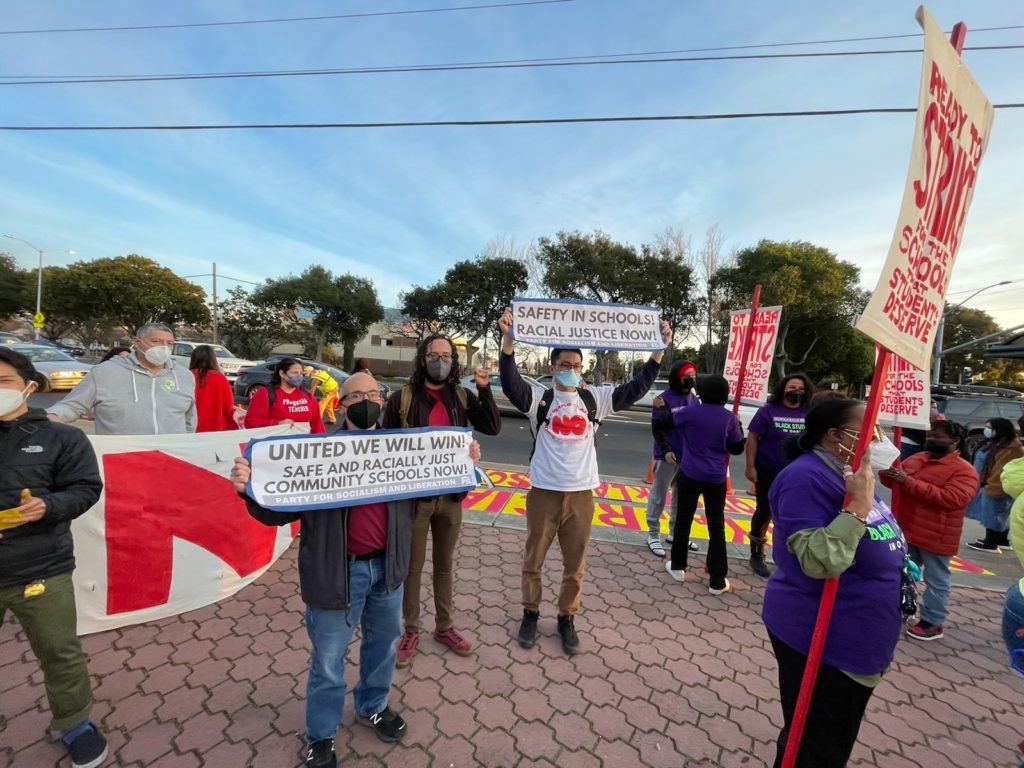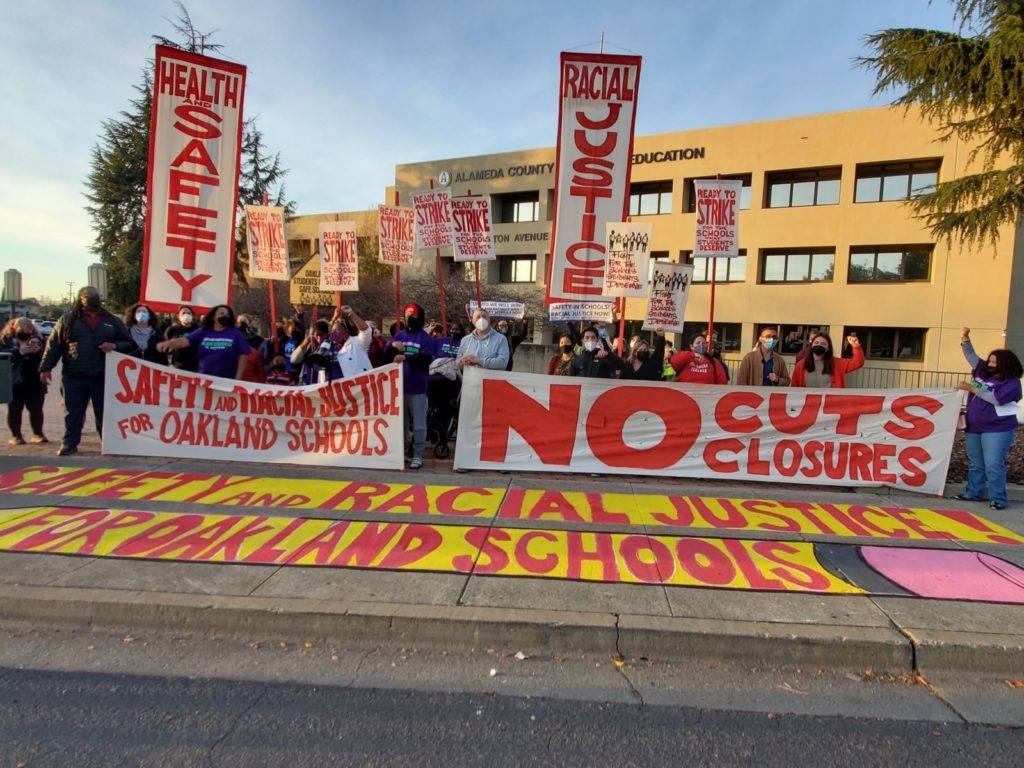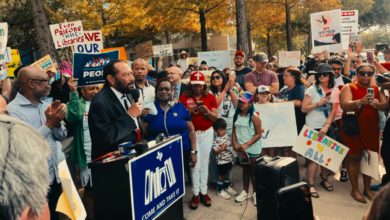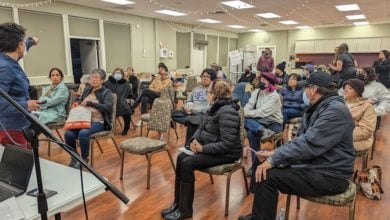On Feb. 8 the Oakland Unified School District Board of Education voted to permanently close and merge seven schools that serve largely low-income and Black students over the next two years.
In the face of massive community protests, the school board reduced the original list of 17 schools facing closures to seven. In addition to this reduction, the community response pressured local representatives to introduce legislation that decouples obligatory school closures from extra state funding through Assembly Bill 1840. However, the fight against school closures continues.
Ahead of the school board meeting, students, teachers, parents and community members organized daily protests and walkouts at the schools under threat of closing, including Brookfield Elementary School and Westlake Middle School. Two staff members at Westlake went on hunger strike on Feb. 1 in protest of the closures. On Day 10 of their hunger strike, the workers released a list of 10 demands including “an immediate stop to school closures in OUSD … Amend state law and revise the ADA formula that penalizes schools for student absence due to sickness … audit of FCMAT [Fiscal Crisis and Management Assistance Team] and OUSD budget…” and more.

While Westlake was spared from closure, Brookfield remains on the list. During an educational forum organized by the Oakland Education Association Kampala Taiz-Rancifer, an OEA teacher said, “Brookfield Elementary is under constant attack. Some of these schools are being terrorized, and there have been multiple times when they are either being co-located or being asked to be closed.”
In 2020, the OUSD School Board moved to offer Francophone Charter School of Oakland a co-location lease at Brookfield. Under California Proposition 39, school districts must accommodate facility space for charter school students within that district, including inside existing and functioning public schools.
Students spoke out against the school closures at every opportunity. Members of the All City Student Union and organizers of a COVID-19 safety petition mobilized students to speak at the Feb. 8 school board meeting.
One student from Manzanita SEED Elementary School testified at the board meeting: “I was born in Yemen, and then I had to leave because of the army. Can you please not close the school? When you close the school, I feel like you close my house and then I have to move somewhere else. Please open more schools for kids.”
On Feb. 10, the community rallied at Brookfield Elementary. The Student Director on the OUSD Board of Education and Oakland High School junior, Samantha Pal, addressed the students in the crowd. Pal said, “Our young people are not our future. They are our now. They are our present.”
Coach Dean Tapscott from McClymonds High School and its action committee pointed out, “They are primarily attacking Black and Brown students. They say we have a money problem, but it looks like we only have a money problem when it comes to our children … they’re going to wait for you to get tired and stop fighting for your children. We can’t allow that to happen. We must fight for our children until they are strong enough, old enough to fight for themselves.”

The historical cycle of the attacks on public education in Oakland
Oakland public schools in working class communities are battling years of budget cuts to essential resources, but school district, county, and state leaders continue to seek school consolidations and closures of majority Black schools as austerity measures. Officials claim that the schools in question are “under-performing” and that they need to cut costs to the district.
Teachers and parents point out that students under-perform because the schools threatened by closures were underfunded in the first place. As schools shut down, those students usually relocate to schools where they continue to struggle.
OUSD history already shows that these austerity measures do not actually save the district any money. Four out of five OUSD schools closed in 2012 have since been replaced by incredibly costly charter schools.
Now is the time to join the fight to defend public education. Stand with teachers, students and families in Oakland!
Follow the Oakland Education Association and Hunger Strike 4 Oakland for action updates!






